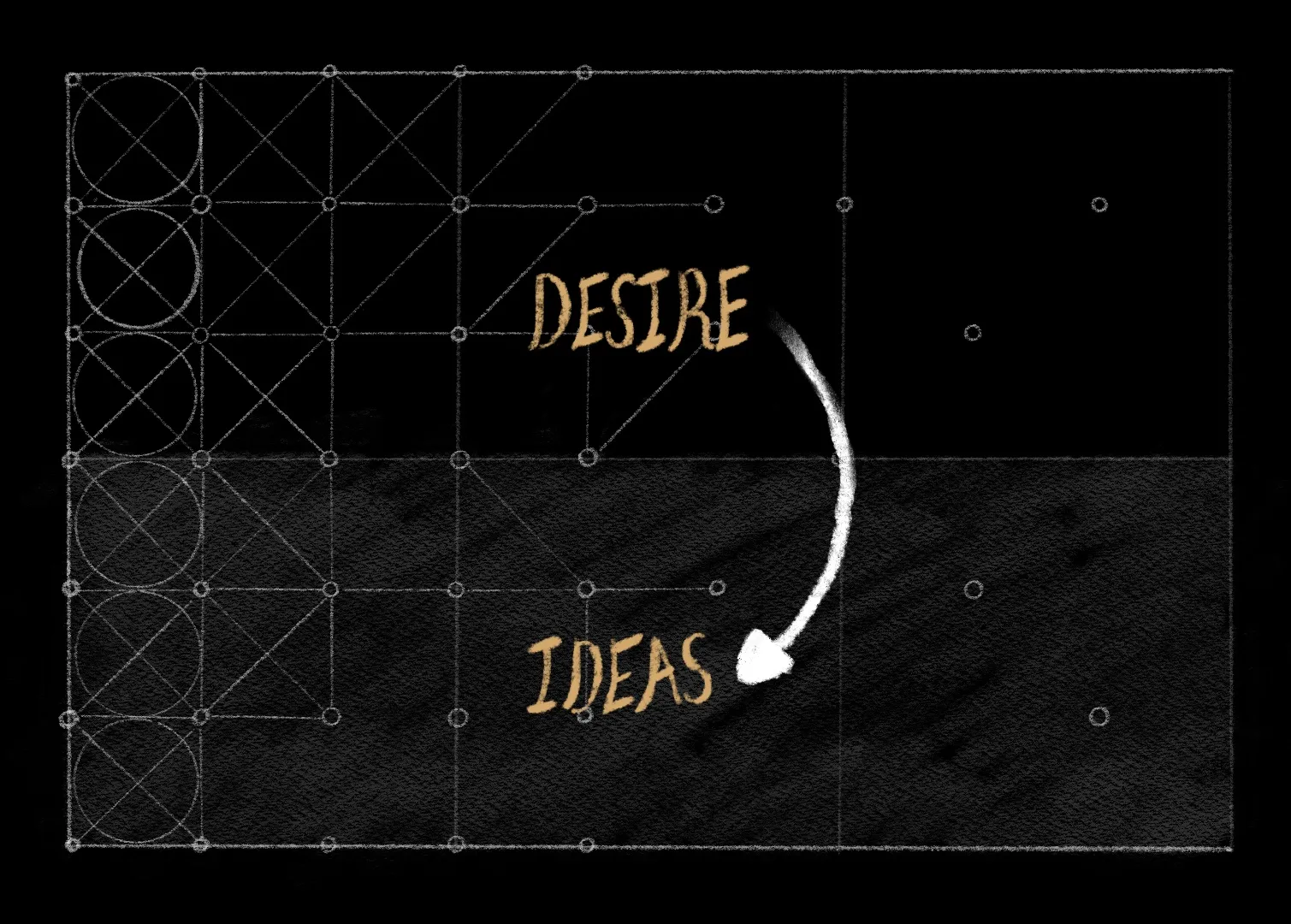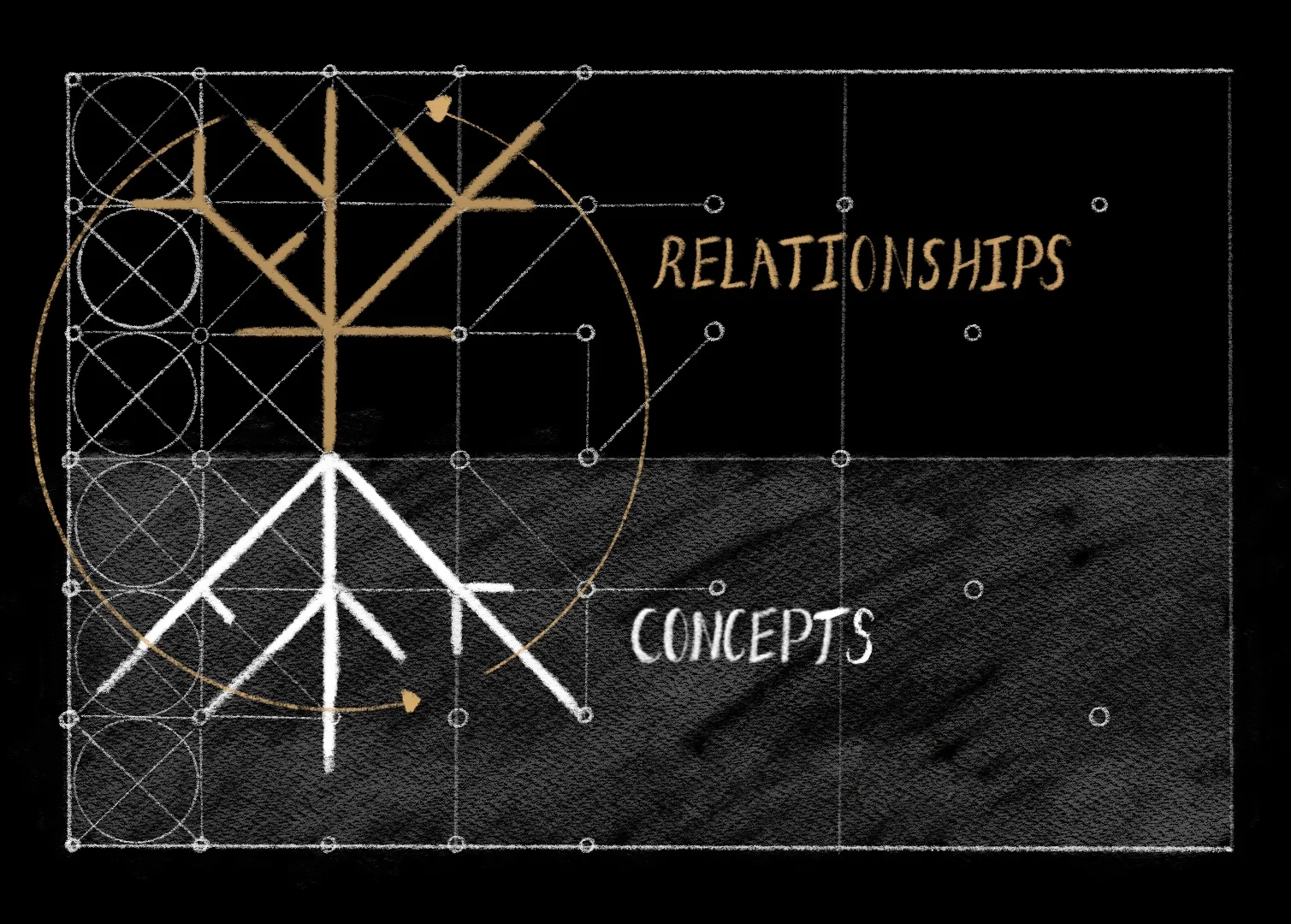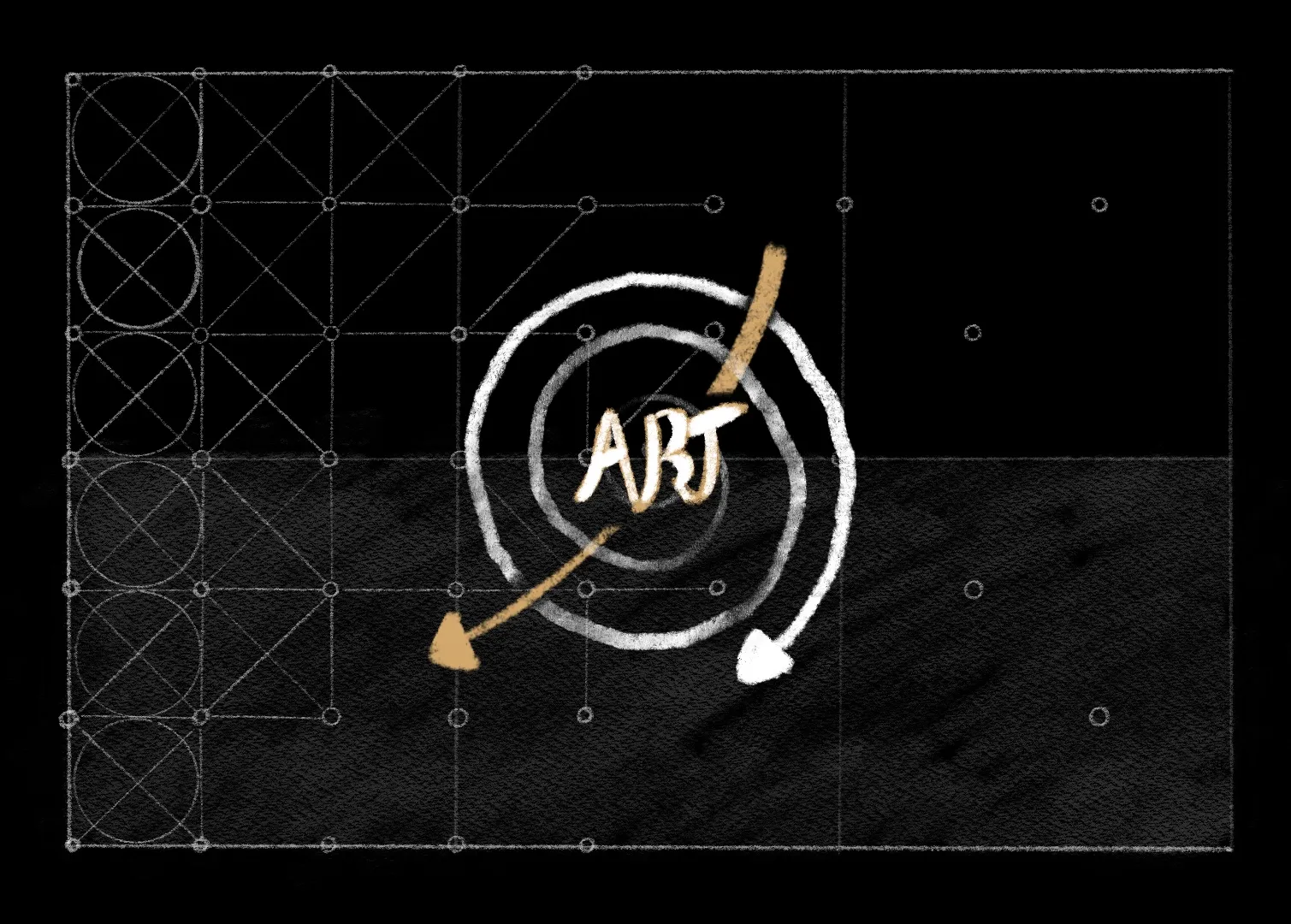The relational world holds all the patterns and possibilities of felt sensation: from the intoxicating feeling of falling in love to the comfort of a warm hearth shared in winter. In it, we unlock feelings of safety, meaning, and spiritual awakening in our numbers that are inaccessible to us in solitary thought. For instance, we can’t feel the fervent oneness that ripples through a crowd at a concert, contest, or in worship without the crowd. So we collectively act out these experiences in memetic patterns that form relational order.
But unlike the conceptual domain where 1+1 always = 2, relational patterns are fleeting and fickle. Tracing the logic of the relational world is like trying to measure the amount of love we can fit into a mason jar.
But it’s essential to try because, for all of its messiness, relational patterns contain a prerequisite spark for all human progress: they reshape our desires first, which frees us to reshape our minds, systems, and ideologies. And as we do, they lend grace and beauty to what otherwise might remain as out of touch abstractions or sterile, robotic systems.

The relational world provides more happiness and belonging than the conceptual domain ever comes close to. Our pets don’t seem to care much for deep concepts or ideologies, but they can express more guileless affection in a day than the most conceptually-skilled humans manage in a year.
(Before exploring further, I’ll share a disclaimer: It’s impossible to describe the relational world. As soon as I speak or write about it, I’ve conceptualized it. Additionally, it likely won’t surprise you that I’m not a native of the relational world.I’ve journeyed into a strange land in this essay. That said, I’ve had a good fortune to know many wonderful, relational natives who embody profound relational ideas. So I’ll attempt to make some sense of the more dramatic and unpredictable world above the surface of our maps.)
Forging ahead, in this first of a series mapping the relational domain, we’ll start where I feel most connected to it:
A complicated (but worth it) relationship with our conceptual roots.
The relational world relies on concepts in the same way that trees rely on roots. In a healthy map, our relational patterns connect to deeply-rooted concepts that stabilize them while fueling their growth.

Those of us with an affinity for the relational world see concepts as powerful social tools. We don’t dwell long in the murky underworld where our conceptual tools are forged, but we’ll wield any idea that helps us give a damn or make a splash on the way to healthier relational order. We’ll march about them, post about them, sing and chant about them.
To the more conceptually-minded, our dramatic dance may seem sloppy and indulgent. But those adept at making and using relational patterns instinctively know that powerful change can spread across the world through expressive imitation before rote indoctrination gets around the block.
A few of us can even take these extroverted expressions and transform them back into a special kind of concept we call “art.”
Art enriches the soil of our ideas.
Art recycles relational expressions that grew out of older concepts. It creatively reconceptualizes them into new stories, music, poetry, and artistry of all kinds. These expressions enrich the soil of our ideas and prevent them from becoming too clinical, abstract, or inhumane.

Without Science Fiction to spark our collective imagination, would we have had the ambition to create the science and technology we use to launch ourselves into the universe?
Lacking religious stories, liturgy, and symbols, would we have been able to conceptualize the idea that humans have innate value and rights?
Without collective demonstration and protest, would we have been able to expand human rights as applying equally to every kind of human? And what will it take for us to systemize that idea fully?
How vibrant relationships wither and die.
(I think that the ideas in this essay apply at every relational scale: individual, community, or all of humanity. To make this portion of the essay more relatable, we’ll zoom closer to the individual scale.)
For those of us who prefer relational patterns, it’s easy to be enamored with the visceral drama above the surface that we fail to notice when our underlying conceptual roots grow weak.
At first, we won’t see significant changes - perhaps we feel a little out of sync with ourselves, friends, or colleagues. But eventually, we’ll feel our relationships wither. For example, we may be unaware that we’ve drifted away from the shared beliefs or values a relationship formed around, but we’ll feel the flame fizzling out.
If we trace our feelings to the cognitive dissonances underneath while they’re small, we can often untangle or reseed our conceptual roots to shift our relational and conceptual worlds back into harmony.
But for many relational natives, it feels more natural to rekindle the flame using relational means instead of journeying into the underworld of our conceptual beliefs, values, and disciplines. Our tendency to cling tightly to relational connections saps the remaining energy from them until they dry up or cut us off. Eventually, we’ll either devolve into a kind of lonely nihilism or become social parasites drifting about sucking the relational spark out of anyone who lets us.
It’s natural to feel that that the world of concepts is too cold, abstract, and disconnected from real life to bother with. But following that feeling leads to a downward spiral for ourselves and those we care for.In order to flourish in the relational world, we must continually tend to our conceptual roots. Unsurprisingly, relational natives accomplish this best by forming reciprocal relationships with people and communities deeply rooted in reliable knowledge, systems, and ideas.
Stay tuned for the next part in this series, where we’ll explore the colorful chaos to order spectrum of the relational world.